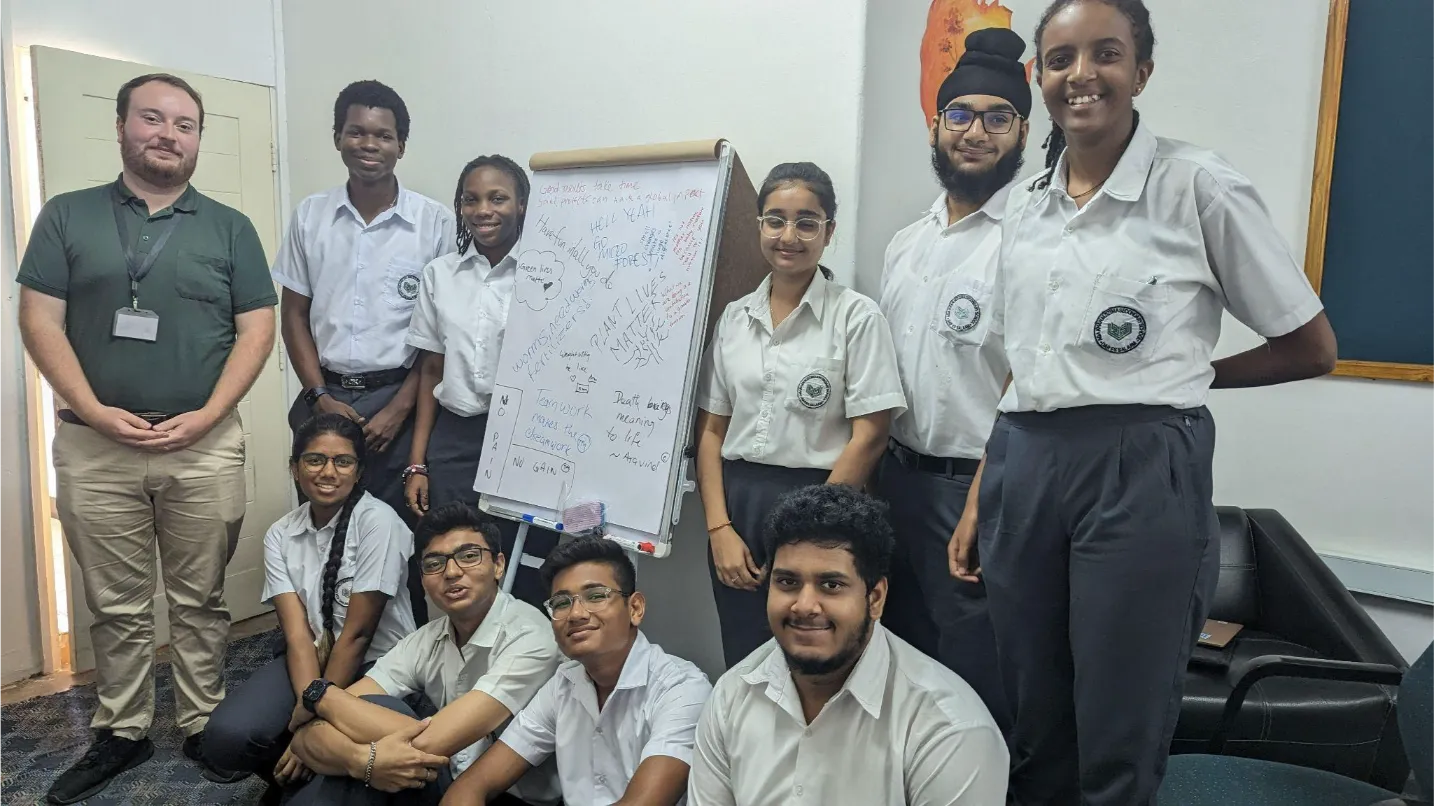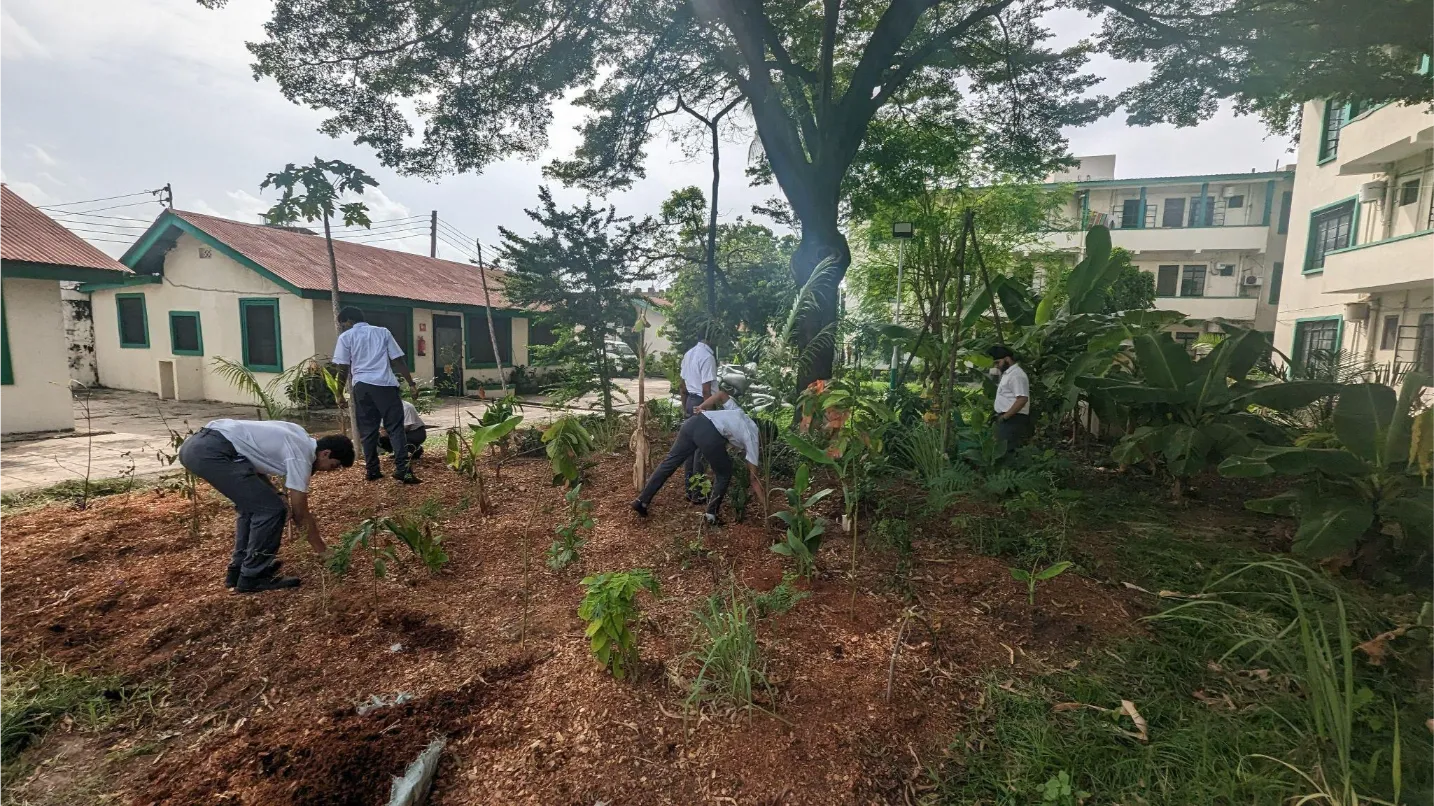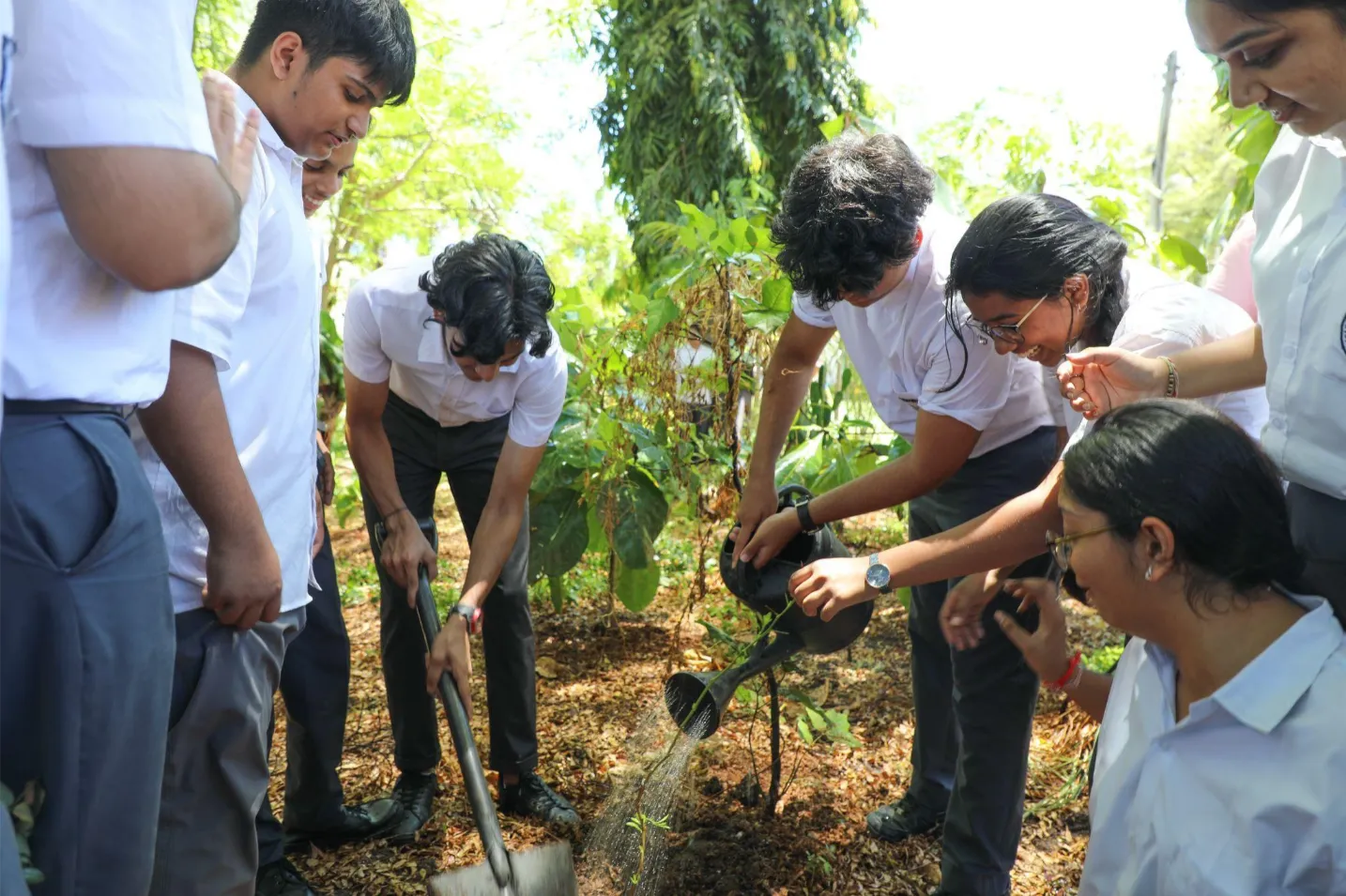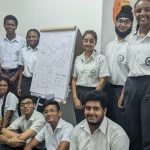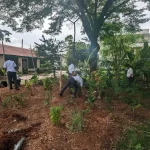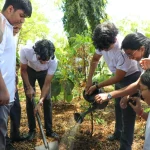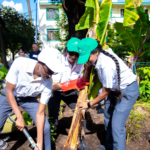Teacher: Nikita Gidwani

Nikita Gidwani
With over a decade of experience as a college counsellor and two years as a CAS coordinator at Aga Khan Education Service Tanzania, Nikita guides high school and senior school students. Beyond the classroom, her achievements include successfully placing students in universities and volunteering for the Rhino and Environment Conservation Project in Nepal. She has collaborated with Didier, Global Advisor at Aga Khan Foundation on sustainable agriculture and climate resilience projects, training students to prepare a soil factory to support the expansion of the MicroForest. Her inspiration stems from the belief that Teachers shape good human beings.
Usefull links related to the Solution
Overview
Nikita is leading sustainability-related projects and campaigns across three Aga Khan schools in Tanzania, one project that Nikita is leading at Aga Khan Mzizima Secondary School (AKMSS) is to plant and maintain a microforest. The school is situated in Dar es Salaam city, where public green space is scarce. AKMSS is collaborating with other local schools to maintain the microforest so it can offer ecological, educational, and recreational benefits to the community for generations to come.
Theory of Change
Microforests involve planting native, indigenous plant species at high densities, creating mini-ecosystems that grow significantly faster than other reforesting techniques and can therefore more quickly support local biodiversity. They also cool the air, remove air pollutants, and act as a carbon sink, absorbing carbon dioxide from the air. The project will benefit the wider community by offering information on the importance of a functioning and balanced ecosystem and by demonstrating that small efforts can lead to large environmental benefits.
Approach and Actions
A Japanese botanist named Akira Miyawaki pioneered the concept of a Microforest and developed a method for propagating them. The method has many stages from initial site survey to caring for the trees and all the stages are focused on developing a dense and thriving forest at a much faster rate than can be achieved by nature.
The MicroForest Project was started in November 2022. A small site was chosen for the microforest, and after carefully analysing the soil at the site, a fertiliser was chosen with a composition that would improve the soil condition. A selection of indigenous plant species was also chosen based on the local conditions. After this a volunteer roster of students assisted the staff in the following activities; preparation of the soil and fertiliser; pole erection for creeping plants; planting saplings of different species; and laying wood chips. Watering and other maintenance activities are now also being carried out by volunteer students. The forest was designed to provide food and medicine for the local community and plants were chosen accordingly.
The forest is now thriving and small animals have begun to inhabit the forest. Aga Khan Mzizima Secondary School is now collaborating with students and staff from other schools in the local area, sharing responsibility for maintaining the microforest and allowing all schools to harvest nutritious produce from the forest. A soil factory has been established, this facility produces nutrient-rich soil full of useful microorganisms and worms which will allow the propagation of future Mircoforests in the area.
Impact
The project has caused students to become more interested in climate change and environmental issues. A Green Champions club has been set up and has run various environmental campaigns in the school. The project has also inspired multiple students to apply for Environmental Science at university this year. The project has also had a significant impact through its community outreach work. The slogan “Good work can be done in a very small footprint” has been effectively communicated to the local community, encouraging a mindset shift toward sustainable practices. It has also been noted that the process of developing and maintaining the forest has resulted in the students feeling calmer, getting attached to the saplings they planted, spending time in the green area and generally taking ownership of the forest in a way that will hopefully lead to good stewardship, creating a legacy for future students.
